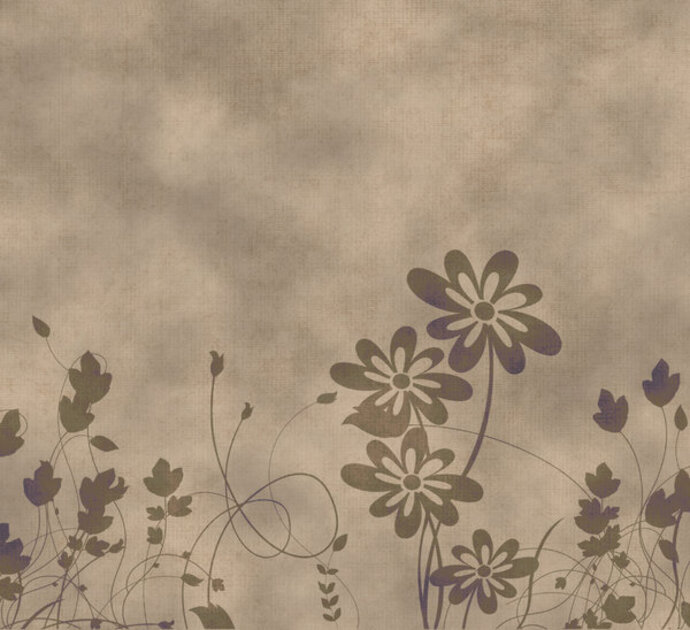
Our Gemara on Amud Beis discusses a judicial concept of damage inflicted that is not visible, such as rendering Teruma food impure (ææææ). The damage is invisible and may not technically incur a legal financial penalty, but the rabbis imposed a financial fine nonetheless. This is because allowing such damage to go unpunished could lead to people vandalizing others' Teruma with impunity. Within this discussion, there is a subset concerning the status of violations committed in error and whether the rabbis impose a penalty retroactively. Rabbi Meir's opinion is that even the unintentional offender is liable to the penalty, as the rabbis made no distinction.
However, when it comes to unintentional violations of Shabbos, such as cooking, Rabbi Meir imposes a penalty forbidding the consumption of such food for rabbinic violations, but oddly not for Torah violations. The Gemara explains that Rabbi Meir felt it necessary to enforce the penalty for rabbinic violations because one may be tempted to minimize the transgression. However, an unintentional act of cooking on Shabbos that violates a Torah law is not subject to a penalty, since people would naturally do their best to avoid transgression.
The Chasam Sofer points out that, according to Rabbi Meir, the penalty serves as a disincentive and is not related to the intrinsic severity of the sin; in fact, quite the opposite. However, Rabbi Yehuda, who imposes the penalty strictly for a Torah violation, does so as a reflection of the severity of the act. That is, when a Torah law is violated, it is deemed proper to not derive any benefit from the act as a sign of respect.
The way in which a rabbinic violation is viewed has implications in other areas of halakha. There is a famous Nesivos (234) that discusses a scenario where someone sold forbidden food to a person, and the buyer unknowingly consumed it. In such a case, the buyer is entitled to a refund and must also engage in some form of penance. According to Torah theology, sins committed out of lack of knowledge are treated as negligent to some degree. The Nesivos asserts that this is true only when the food was forbidden by Torah law. If it was forbidden by rabbinic law, no repentance is required, and therefore no refund is due. The reason is that the Nesivos holds that rabbinic prohibitions are not intrinsically substantive; rather, transgressing them reflects a form of rebellion and rejection of rabbinic dicta. The directive to obey the rabbis comes from the verse in Devarim 17:11, which obligates obedience to rabbinic law, but disobedience requires knowledge and intent. Thus, if the act had no intention, as in this case where the person did not know the food was rabbinically banned, no sin was committed whatsoever.
Meshech Chokhma (Shoftim 17a) raises a question about this Nesivos: If there is no intrinsic violation in a rabbinic law, why would Rabbi Meir impose a penalty on unintentional violations? Using the Chasam Sofer's approach, we can answer this question. The issue for Rabbi Meir was not the severity of the violation but rather deterrence. Therefore, Rabbi Meir's imposition of the penalty was aimed at maintaining discipline and fidelity to rabbinic law.
This Nesivos opens up a dimension of understanding the metaphysical requirements of rabbinic law and sheds light on certain leniencies in a different light. For example, rules such as "æææÏææ æÎæÂæ´ ææ æææ´æ" in situations of great pain they did not imply a requirement or "ææææ æææ´æææˆ ææææ" or in situations of unusual humiliation are now understood differently (for example, see Shulkhan Arukh OC 13:3 and 317:1). It is not that the rabbis made a special dispensation, and there is still some degree of prohibition. Rather, they completely exempted the person who is in distress. This suggests an ethical distinction, namely that a person in such a situation has no obligation to suffer and follow the rabbinic law, not even as an act of extra piety. This has important psychological implications because if one is in a situation of distress and is permitted to suspend a rabbinic requirement, there is no need to be a hero and endure unnecessary pain. The focus shifts from being stringent to prioritizing one's well-being and minimizing unnecessary suffering.

 Previous
Previous
